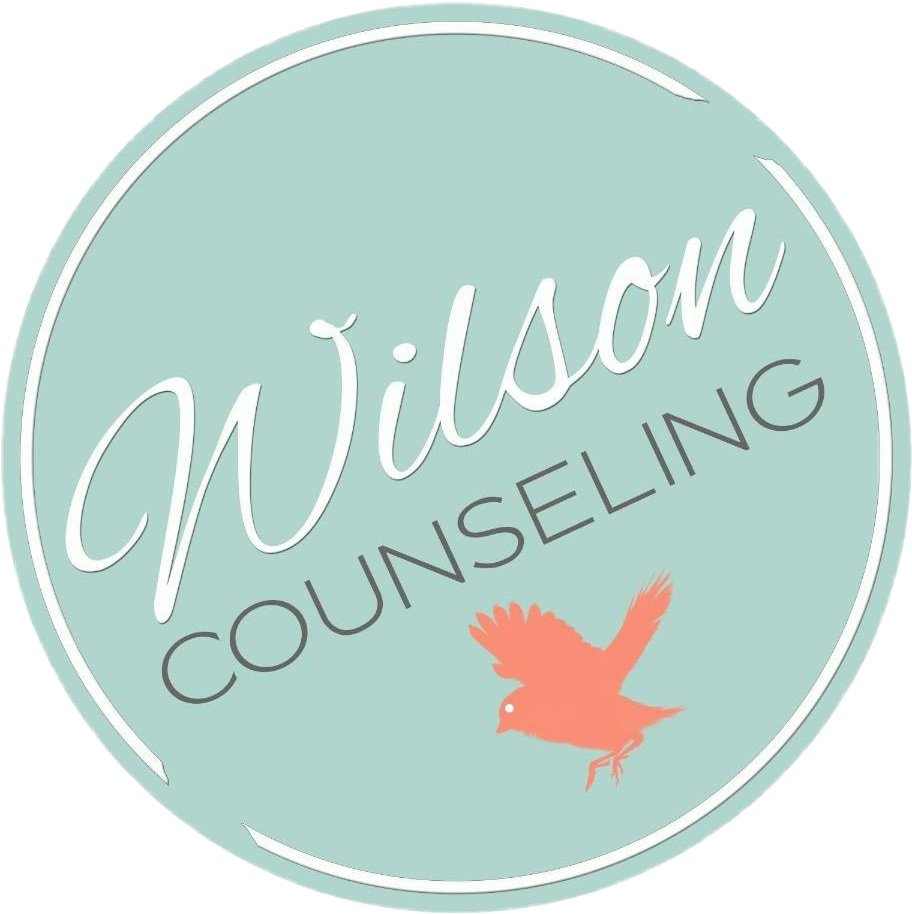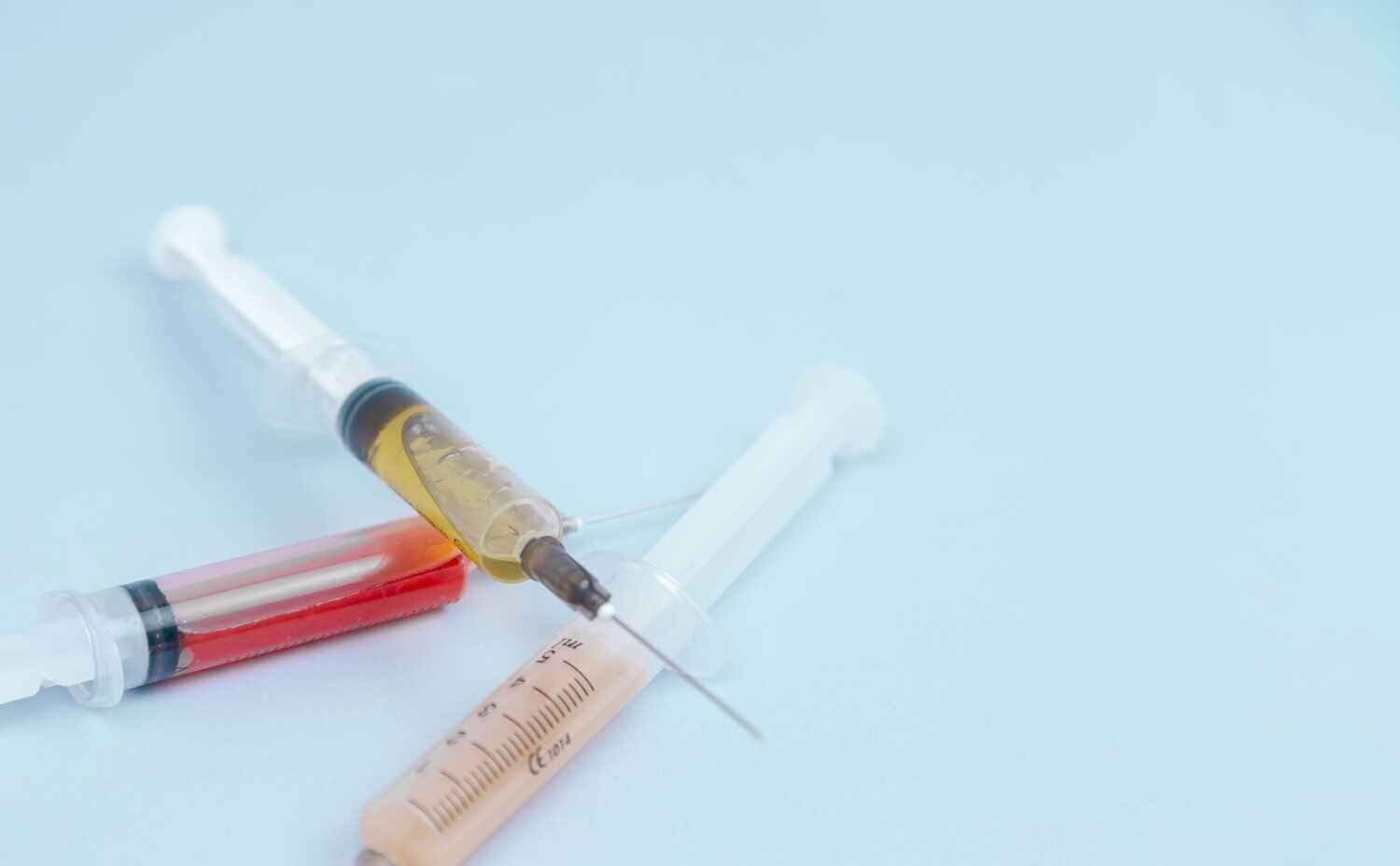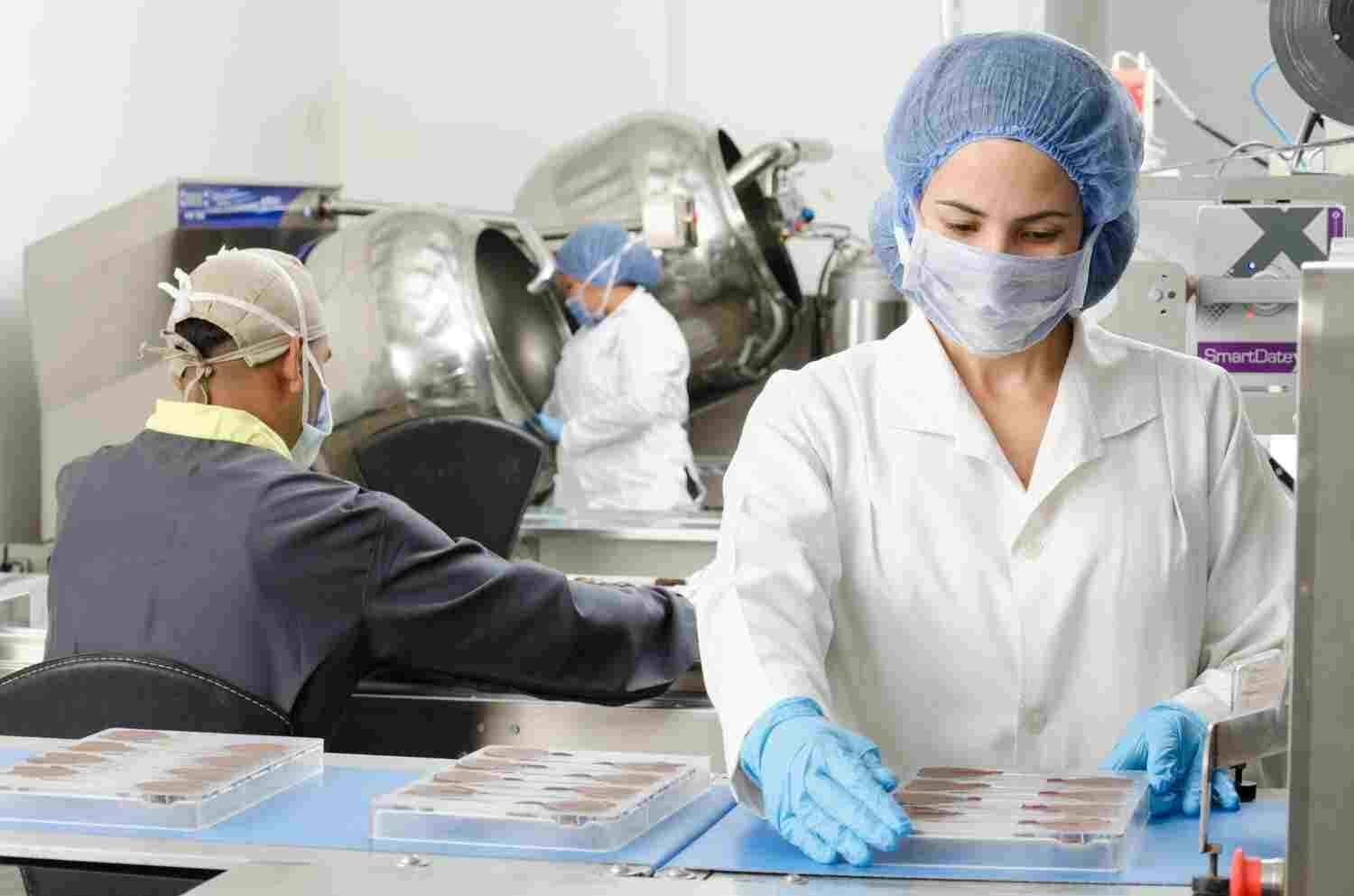Guest post by sarah bradshaw
I do infertility counseling, but I also like to be open about my own experiences with infertility. My struggles have helped me be more compassionate and given me a first-hand insight into the emotional roller coaster that infertility takes you on.
Did you know that a woman’s chance of getting pregnant each month is about 25% or less?
At least that is what I remember the doctor telling me. It had been almost six months with no period when my OB/GYN said something like: “Yup, you are not ovulating. I’m going to send you across the hall to a specialist. Questions?”
The earliest appointment I could get was three months later. Several more months passed by and the doctor couldn’t find anything physically wrong except (probably) PCOS or Polycystic Ovarian Syndrome. I say probably because there is no actual test to confirm a diagnosis. Infertility is one of the symptoms of PCOS. So now what, I wondered?
The next step is IUI or Intrauterine insemination. I will spare you the details of what exactly that is, but I will tell you it involves giving myself shots. Lots of them. And ultrasounds. So many ultrasounds. You start the IUI process a few days after your cycle starts. Then you get an ultrasound to see what the ovaries are doing. Next, you give yourself some shots to stimulate the production of more eggs, and then another ultrasound. This is followed by more shots until you are ready to release the eggs (hopefully more than one egg has developed at this point).
Once they say you are ready for insemination, you get to give yourself another shot. Thirty-six or so hours later, hopefully, the magic happens. If not, you get to do it all over again. And again. And again. In my case, I started eight IUI cycles. Seven cycles went all the way through the process, and one was canceled because my ovaries weren’t having it.
After one more failed IUI, it was on to the next step – IVF, more tests, and then ultrasounds. The process starts the same as IUI. There is an ultrasound after you start your cycle. Then you have medication and shots. The goal is to get as many eggs as possible. Based on how the eggs are doing (because you have to have another ultrasound) the doctor sets a date to extract the eggs. Once the extraction occurs, the eggs and sperm are introduced. I ended with 8 fertilized eggs.
There are two things that I debated at this point. Should I go ahead and implant one fertilized egg or get the fertilized eggs tested to see if they are viable? My doctor recommended that I have the eggs tested because of my age (in the fertility world, I was considered geriatric). After testing, I had 3 embryos that were deemed worthy of transfer.
The doctor set the date for transfer, and (you can probably guess), I had to start administering more shots. IVF shots are a little more intense. I had to watch a video to see the correct location and proper technique. Several times I had to redo the shot because I missed the target.
You have to wait two weeks to get a blood test to see if you are pregnant or not. Those were very long two weeks. If it works, you have to keep giving yourself shots. If it doesn’t, you have to decide if you want to try another cycle.
Going through infertility treatments can be an emotional roller coaster. There are so many decisions to make along the way. If you are going through this process, I recommend that you take some time to think. Infertility is a word that is hard to hear, but it doesn’t mean that having children is impossible. If IUIs or IVF is not for you, then you can adopt or use a surrogate.
The journey can be lonely and feel long, but I hope you know you are not alone and there is someone you can talk to.
ABOUT THE AUTHOR:
Sarah Bradshaw, LPCS, provides therapy to adolescents, adults, couples and families.
Sarah is a is a Licensed Professional Counselor and Certified School Counselor. Sometimes our path in life is not always simple and straight forward. We may face challenges we never saw coming or don’t have the proper skills to tackle. Sarah’s goal is to assist you through your journey and help provide you with the skills you need.
Sarah has 10 years of experience in education, and has been a licensed counselor since 2013. She uses a client-centered approach to therapy as well as cognitive behavioral therapy to help clients get untuck and make real changes. Clients appreciate Sarah’s direct, empathetic, practical approach to counseling.
Sarah’s specialties include:
See more about Sarah Bradshaw on the website here and schedule
OTHER THERAPY SERVICES WE OFFER IN HOUSTON, TX
In addition to infertility treatment, we have other mental health services that we offer at our Houston, TX counseling office. Our services are available for adults, children, and teens. For individuals, we offer Anxiety Therapy, Eating Disorder Therapy, School and College Counseling, Autism Therapy, Perinatal and Postpartum Treatment, and Premarital Counseling. As well as Family Therapy, Trauma Therapy, PTSD Treatment, EMDR Therapy, and LGBTQ+ Counseling. Our caring therapists also offer Career Counseling, and LPC Supervision. All of these services are also available through Online Counseling throughout Texas.
If you are struggling with infertility and would like to talk to an infertility therapist, contact us online to schedule an appointment or call 713-565-0922 to ask questions about how we can help.






